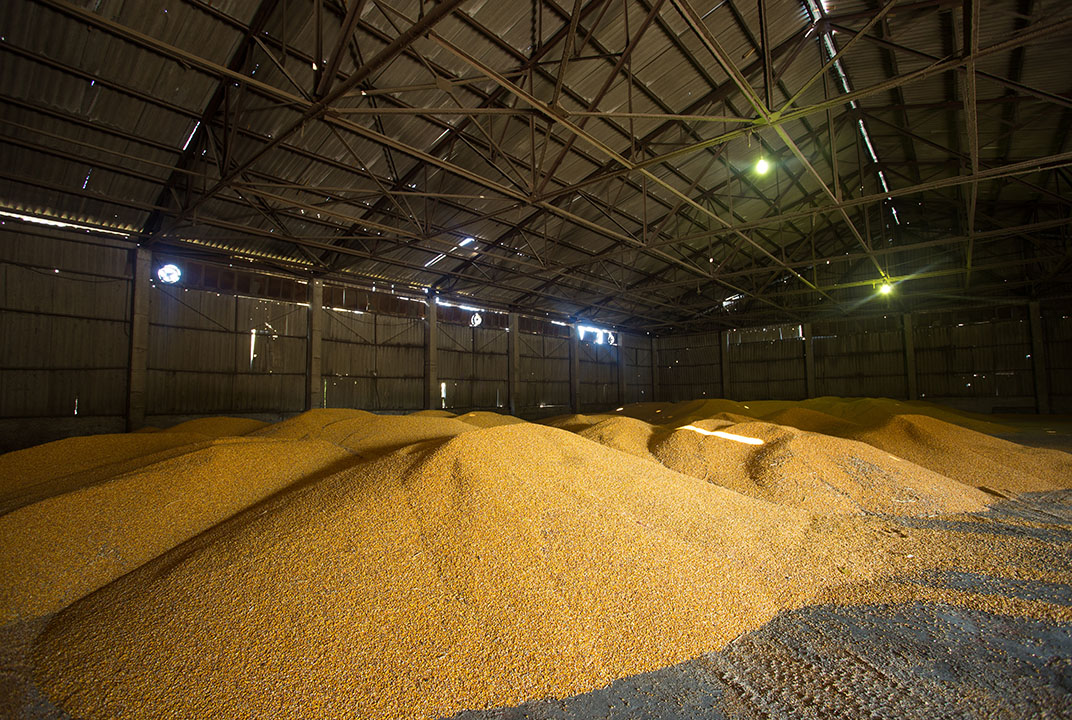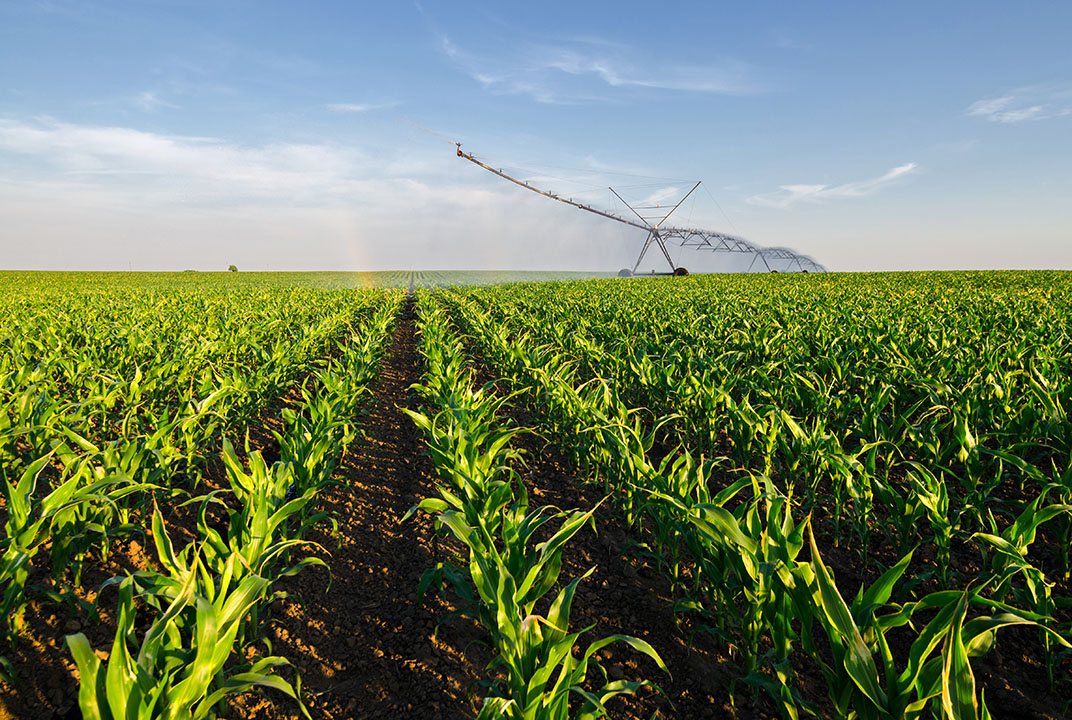IoT will play a leading role in protecting agricultural workers, finds Inmarsat
Agritech companies will use IoT technologies to strengthen health and safety practices technologies
The farm of the future will leverage Internet of Things (IoT) technologies to create safer working environments and drive down risks to the workforce.
This is according to an independent study commissioned by global mobile satellite company Inmarsat (LSE:ISAT.L), which found that half of agritech companies will strengthen the sector’s health and safety practices through IoT adoption.
Market research specialist Vanson Bourne interviewed 100 agritech companies from across the world as part of Inmarsat’s The Future of IoT in Enterprise study. It found that 49 per cent of agritech companies rate improving health and safety as one of their primary motivations for developing IoT solutions, ahead of monitoring environmental changes (48 per cent), and identifying efficiency gains and cost saving opportunities (45 per cent). In a similar vein, 40 per cent expect IoT to bring significant improvements to health and safety practices in the near future.
Commenting on the findings, Chris Harry-Thomas, Director of Agritech Strategy at Inmarsat Enterprise said: “Despite industry efforts to improve health and safety in agriculture, research from the International Labour Organisation reveals that the rate of fatal accidents has remained high, and that it continues to be the world’s most dangerous industry. It estimates that 170,000 agricultural workers are killed each year, and that millions more suffer injuries from accidents with agricultural machinery or negative long-term health effects from exposure to agrochemicals and pesticides.
“With the Fourth Agricultural Revolution under way, IoT can present agritech businesses with a wealth of solutions to these challenges. Automated systems, enabled by IoT, can reduce risk by removing workers from the most dangerous procedures, such as lifting heavy materials or operating dangerous machinery. Automated machinery can also typically respond quicker to emergencies, monitoring and stopping equipment before there is a threat to worker safety. The industry is also leveraging the Internet of Things through the form of wearable technologies. These devices, integrated into watches, helmets and clothing, can detect falls and monitor staff health through heart rate and temperature, enabling agricultural businesses to react more quickly to emergencies and bring rapid response medical attention to injured staff.”
Harry-Thomas added: “As agriculture expands into new and more remote land, terrestrial connectivity becomes increasingly limited. Workers are also exposed to greater risk, as they are more isolated and further away from emergency services. Satellite communication therefore has an integral role to play as it enables cutting edge technologies to be accessed in the most remote areas of the planet, equipping farms with networks of automated devices and sensors to protect workers.”
“We are passionate about driving the momentum behind the Internet of Things and creating safer and more productive working environments across the world. It’s encouraging to see that the sector is taking steps to develop and deploy these technologies and safeguard the health, safety and welfare of their staff.”
Satellite communication networks offer superior coverage and reliability, crucial in the event of extreme weather or an emergency, or extending connectivity to remote locations. With up to 99.9% uptime, Inmarsat’s L-band services are enabling IoT solutions to change the face of agriculture.
FURTHER INFORMATION
About Inmarsat
Inmarsat plc is the leading provider of global mobile satellite communications services. Since 1979, Inmarsat has been providing reliable voice and high-speed data communications to governments, enterprises and other organizations, with a range of services that can be used on land, at sea or in the air. Inmarsat operates around the world, with a presence in the major ports and centres of commerce on every continent. Inmarsat is listed on the London Stock Exchange (ISAT.L).
About Inmarsat Enterprise
Inmarsat Enterprise is enabling the connected world. Focusing on the provision of satellite connectivity and IoT solutions for land-based businesses, Inmarsat Enterprise operates globally across a diverse set of sectors including agritech, aid and NGO, energy, media, mining and transport. Inmarsat has a proven track-record of working with some of the most innovative energy and utility companies globally. Our connectivity and IoT solutions enable applications such as well-head monitoring, artificial lift monitoring and control, smart grid monitoring, asset and employee tracking, and communications, delivering operational efficiencies and the safeguarding of people and assets.
Spreckley
Edward Dodge/Fergus Lynch
Spreckley
+44 (0)20 7388 9988
inmarsat@spreckley.co.uk
Inmarsat
Jonathan Sinnatt
Director of Corporate Communications
+44 (0)20 7728 1935
jonathan.sinnatt@inmarsat.com
Inarsat Enterprise
James Grisbrook
Communications Manager
+44 (0)7872 158548
james.grisbrook@inmarsat.com

